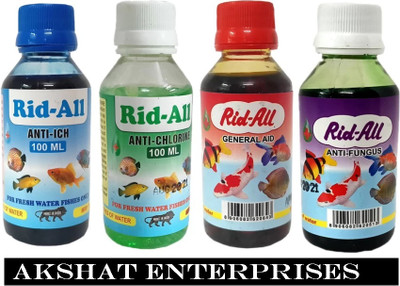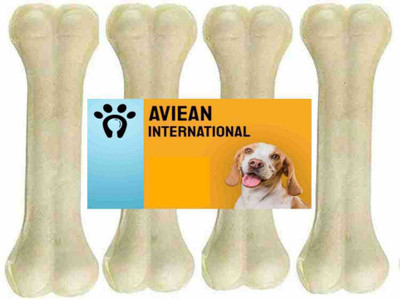
Get notified when this item comes back in stock.
ROHINI ( Toxin Binder Premix for Cattle, Poultry and Fish Feed ) 1 kg Dry Adult, New Born, Senior, Young Cow Food
Share
ROHINI ( Toxin Binder Premix for Cattle, Poultry and Fish Feed ) 1 kg Dry Adult, New Born, Senior, Young Cow Food
Be the first to Review this product
₹299
₹499
40% off
@299/kg
Sold Out
This item is currently out of stock
Highlights
- For Cow
- Flavor: NA
- Food Type: Dry
- Suitable For: Adult, New Born, Senior, Young
- Shelf Life: 24 Months
Important Note
- The packaging of the product may slightly vary from what is shown in the image.
Seller
Description
Toxin binders in cattle feed offer significant benefits by protecting cattle from the harmful effects of mycotoxins present in feed. These binders, often composed of organic and inorganic compounds, work by adsorbing and neutralizing mycotoxins before they can enter the bloodstream of the cattle. This helps in maintaining the overall health and productivity of the herd, as mycotoxins can lead to decreased feed intake, poor growth rates, and compromised immune function. By incorporating toxin binders into cattle feed, farmers can ensure better milk and meat production, improved reproductive performance, and enhanced overall profitability.
In poultry feed, toxin binders play a crucial role in safeguarding the health and performance of chickens. Poultry is particularly susceptible to mycotoxins, which can cause various health issues such as reduced weight gain, liver damage, and impaired immune response. The use of toxin binders helps to mitigate these risks by capturing and deactivating the mycotoxins present in the feed, thereby preventing their absorption into the birds' systems. This results in healthier birds, improved feed efficiency, and higher quality eggs and meat. Additionally, toxin binders can contribute to more uniform growth rates and reduced mortality rates in poultry flocks, enhancing overall farm productivity.
For fish feed, toxin binders are essential in maintaining the health and growth of aquatic species. Fish are highly sensitive to mycotoxins, which can be detrimental to their development, immune function, and reproductive capabilities. By incorporating toxin binders into fish feed, aquaculture operations can prevent the negative impacts of mycotoxins, ensuring better feed conversion ratios, higher survival rates, and optimal growth performance. This not only supports the health and welfare of the fish but also contributes to the economic viability of aquaculture enterprises by maximizing yield and minimizing losses due to mycotoxin-related diseases.
Read More
Specifications
In The Box
| Pack of |
|
General
| Brand |
|
| Model Number |
|
| Pet Type |
|
| Quantity |
|
| Model Name |
|
| Food Type |
|
| Suitable For |
|
| Flavor |
|
| Ingredients |
|
| Nutrient Content |
|
| Key Benefits |
|
| Maximum Shelf Life |
|
| Food Preference |
|
| Container Type |
|
| Feeding Instructions |
|
| Organic |
|
| Caloric Content Per Serving |
|
| Allergens Included |
|
| Net Quantity |
|
Additional Features
| Other Features |
|
Dimensions
| Depth |
|
| Width |
|
| Height |
|
Be the first to ask about this product
Safe and Secure Payments.Easy returns.100% Authentic products.
Back to top









